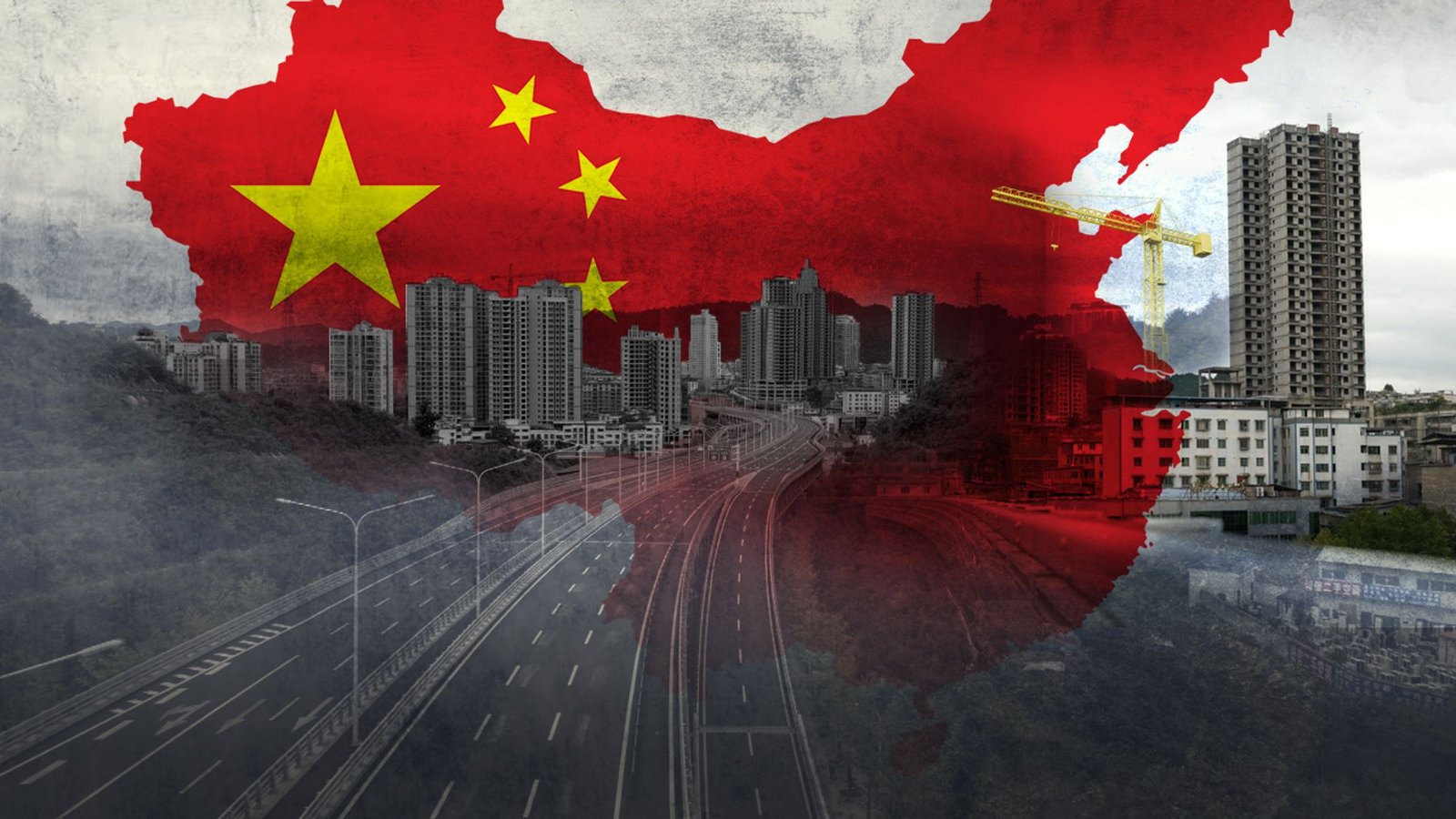Civil Service: The ‘Iron Rice Bowl’ in Chinese Culture
For decades, government jobs in China have symbolized stability and security. Often referred to as the “iron rice bowl,” these positions provide guaranteed income, benefits, and lifetime employment, making them a sought-after choice for millions. However, recent economic slowdowns and structural challenges are putting these traditionally secure roles under strain.
Chinese youth, facing an uncertain job market, are increasingly turning to the civil service as a safe career option. Yet, the rise in competition for these positions coincides with growing risks to their long-term stability, raising questions about the future of China’s employment landscape.
A Surge in Civil Service Aspirations
China’s civil service exams have seen a dramatic surge in applicants. In recent years, millions of candidates have vied for a limited number of government jobs, driven by the appeal of stability amid economic uncertainties.
- Exam Popularity: In 2023, over 2.5 million people applied for roughly 37,000 central government positions, marking a significant increase from previous years.
- Tough Competition: With an average of 68 applicants per position, these exams are becoming one of the most competitive career gateways in the country.
The Impact of Economic Slowdowns on Youth Employment
China’s economy, once characterized by rapid growth, has recently faced significant challenges. A slowdown in manufacturing, declining global demand, and a struggling real estate sector have contributed to rising unemployment, particularly among young people.
- Youth Unemployment Rates: As of mid-2024, youth unemployment in urban areas reached over 20%, prompting many to seek government jobs for stability.
- Shrinking Private Sector Opportunities: The private sector, traditionally a major source of employment, has been hit hard by the economic downturn, further driving the appeal of public sector jobs.
Are Civil Service Jobs Losing Their Security?
Despite their long-standing reputation for stability, civil service jobs are now under scrutiny. The economic slowdown and increased government debt have led to budget constraints, affecting the stability of public sector employment.
- Delayed Salaries: In some regions, government employees have reported delays in salary payments, signaling financial stress at local levels.
- Reduced Benefits: Budget cuts have forced some municipalities to reduce perks and allowances for civil servants, eroding the appeal of these jobs.
The Socioeconomic Pressures Driving Youth to the Public Sector
China’s younger generation faces mounting socioeconomic pressures that further incentivize a shift toward civil service careers.
- Rising Education Levels:
With more young people attaining higher education, expectations for stable and prestigious jobs have increased. Government positions often align with these aspirations, offering perceived status and job security. - Real Estate Burden:
The high cost of housing in urban areas adds financial pressure. Civil service roles, with their predictable income, are seen as a safeguard against economic instability. - Cultural Expectations:
Families often encourage their children to pursue stable government jobs, viewing them as a reliable career path in uncertain times.
Challenges Facing China’s Civil Service System
While the influx of applicants underscores the attractiveness of civil service jobs, the system faces several challenges that could undermine its sustainability.
- Overcrowded Workforce:
The surge in applicants far outpaces the number of available positions, leading to fierce competition and frustration among those who fail to secure a role. - Economic Strains on Local Governments:
Many local governments are grappling with debt, limiting their ability to expand or even maintain current civil service staffing levels. - Bureaucratic Inefficiencies:
Critics argue that the civil service system is plagued by inefficiencies and overstaffing, making it less adaptable to modern economic demands.
Reforming the ‘Iron Rice Bowl’: A Path Forward
To address these challenges, experts suggest reforms to ensure that civil service jobs remain viable and aligned with the evolving needs of China’s economy.
- Modernizing Recruitment: Introducing merit-based assessments and reducing bureaucratic red tape could make the civil service system more efficient and attractive.
- Diversifying Employment Opportunities: Encouraging innovation and entrepreneurship can provide alternatives to government jobs, reducing the pressure on the civil service system.
- Investing in Regional Economies: Strengthening local economies through targeted investments can alleviate financial strain on municipalities and create more job opportunities outside the public sector.
The Role of Technology in Reshaping Employment
Technology, including artificial intelligence and automation, offers opportunities to transform China’s employment landscape. While these innovations could reduce reliance on traditional civil service roles, they also require a reimagining of workforce strategies.
- Upskilling Programs: Equipping workers with digital skills can prepare them for emerging roles in the tech-driven economy.
- Streamlining Public Services: AI and automation can improve the efficiency of government operations, reducing costs and enhancing service delivery.
Global Comparisons: Learning from Other Nations
China is not alone in grappling with challenges to public sector employment. Other countries offer valuable lessons in balancing the demand for government jobs with economic realities:
- Japan: Facing similar demographic pressures, Japan has implemented policies to encourage private sector growth and reduce dependence on public sector jobs.
- Germany: A strong vocational training system in Germany provides pathways for young people to enter high-demand industries, alleviating pressure on government employment.
- India: Like China, India has seen a surge in demand for government jobs. Efforts to digitize public services and promote entrepreneurship are helping diversify employment opportunities.
A New Vision for Employment in China
While civil service jobs remain an important pillar of China’s employment strategy, the evolving economic landscape calls for a broader vision. Policymakers must strike a balance between maintaining the appeal of public sector roles and fostering growth in other areas of the economy.
- Encouraging Innovation:
Supporting startups and small businesses can create new jobs and reduce dependence on government positions. - Regional Development:
Investing in rural and underdeveloped areas can create economic opportunities and alleviate pressure on urban job markets. - Flexible Workforce Models:
Embracing flexible work arrangements and gig economy platforms can provide young people with diverse career options.
Conclusion: Navigating a Complex Employment Landscape
The surge in demand for civil service jobs among Chinese youth reflects deep-rooted cultural values and the challenges of an uncertain economy. While these positions continue to symbolize stability, the growing competition and fiscal pressures are reshaping their role in the job market.
To ensure long-term economic stability, China must address the structural challenges facing its civil service system while promoting innovation and private sector growth. By adopting a balanced approach, the country can create a more resilient and dynamic employment ecosystem that meets the needs of its evolving workforce.





Leave a Comment